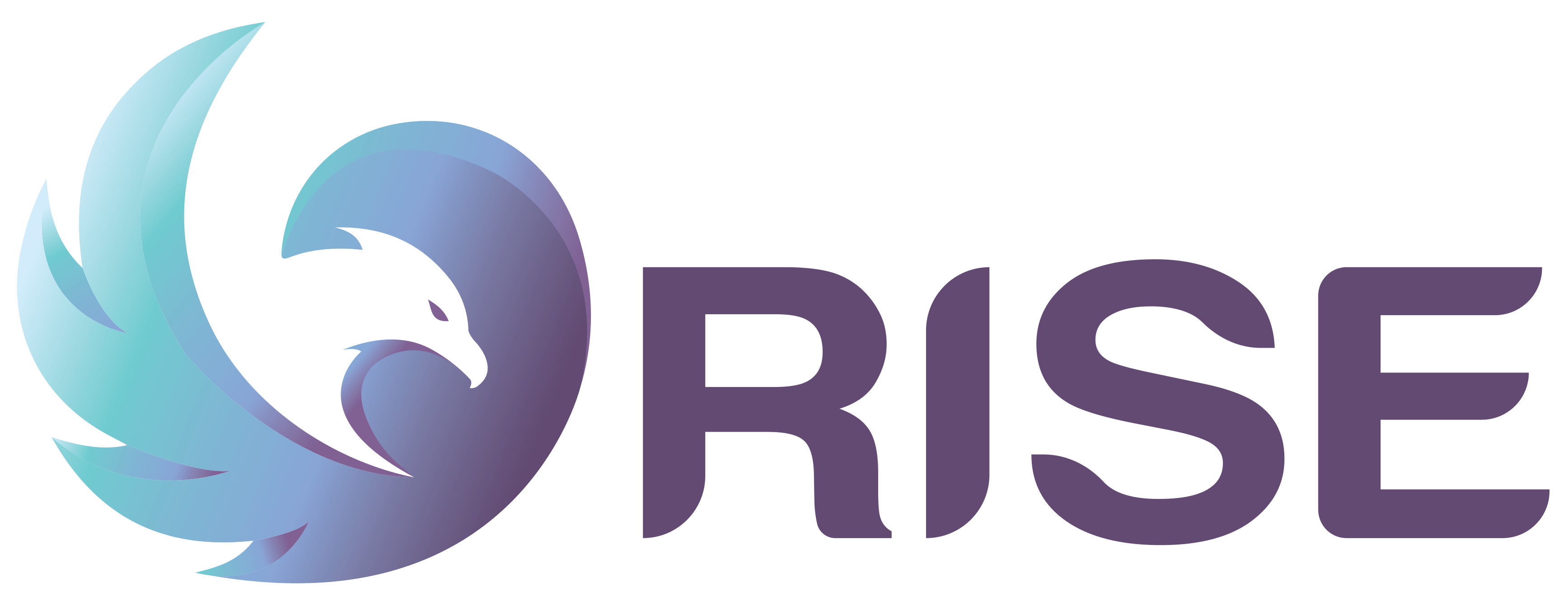Testimonies
Rosalind Pek

8 years ago, I was diagnosed with Borderline Personality Disorder (BPD) and Major Depressive Disorder (MDD). Some of my darkest moments were lived through this period of intense struggles and it seemed that I don’t fit well into our fast-paced materialistic society. For too long, I had felt so much awkwardness about the ways where I thought I was different from so-called normal people. And my attention was largely focused on what I lacked or was different from social norms. I came to accept, sadly, that the only places that could accept me were either the mental health institutions or hospitals. And it left me with little options as someone struggling with mental health challenges.
I was often misunderstood and/or marginalised within the community. It seemed, at that time, that recovery is a far-fetched hope and distant goal for me. I experienced being stigmatised by my own family members, relatives and friends who deemed my case as hopeless and abnormal. It seemed to me in my depressed state that no one understood my mental landscape, including myself.
It was a long and painful journey where I tried virtually every form of therapy that could help me get well. These included years of conventional psychological interventions, as well as alternative forms of therapies such as dance and art, homeopathy, studies in spirituality, Peer Support Specialist training and a few self-sponsored trips to the US. It was there that I learned to equip myself as a trainer for 3 evidenced-based forms of Peer-led recovery models like Wellness Recovery Action Plan (WRAP), Intentional Peer Support (IPS) and Hearing Voices Network. (HVN) I spent the first 2 years in recovery by serving as a volunteer in IMH and SAMH. As a result of my own lived experiences, I could walk in the shoes of someone struggling with mental and emotional issues.
In the process of helping other peers, I made an important self-discovery; that is, the most important gift anyone can give me is their humanity and I felt the importance of recognising that. In Singapore, there was a severe lack of peer support groups, Consumer Operated Service Providers (COSP) or Peer Respite Centres that struggling peers could turn to for help in Singapore. Fortunately I have a few friends, with similar conditions to mine, from Vermont, whom I reach out to for support during my darkest hours. These deeply compassionate individuals work for a Peer Support Centre in Vermont.
They journey alongside peers to achieve mutual goals, assess options and discover new ways of thinking and doing things that works. In such a mutual process of recovery journey, both parties’ benefits and both learn from the process. But, it saddens me to see the lack of such humanistic services within the mental health community in Singapore. Hence, I am deeply driven to introduce the COSP module here because I had personally benefited from such peer-led interventions and believe many peers in Singapore will benefit from it too. I want to do my part in creating a safe space where every human, in every nook and corner, could receive the gift of authentic acceptance from other human beings and in turn offer that gift of compassion to others.
My connection with the peer-led mental health movement with the peer community in Vermont have helped me to bring everyone closer to home and help to build an inclusive community here in Singapore as well. My perspectives changed radically after joining PSALT Care as a volunteer. The PSALT Care community challenges the prevailing worldview of persons with mental health challenges – it is a safe and open community where we can be true to our intrinsic nature. We accept and encourage one another to discover our highest values and really live them.
Through the Peer Support meetings, we discover like-minded companions on our recovery journeys and realise that each of us have a wealth of “lived experiences” to encourage others through their struggles. We feel supported to have companions in our journey, and together we will forge new pathways to recovery. I would like to take this opportunity to thank the PSALT Care committee members for allowing me the opportunity to facilitate the Singapore chapter of DBSA Peer Support group since 2014 and opportunities to support caregivers and peers in the community who are going through some major struggles in life.
It is my deepest hope and dream of building this vision of a Consumer Operated Service Provider (COSP) into a reality that helps to build a community where we truly belong – to help us in our healing journey and stay out of hospitals and institutions. I hope we can take the risk together of rediscovering who we really are and trying to create a world that has room for all of us in our own uniqueness.
Thank you.

